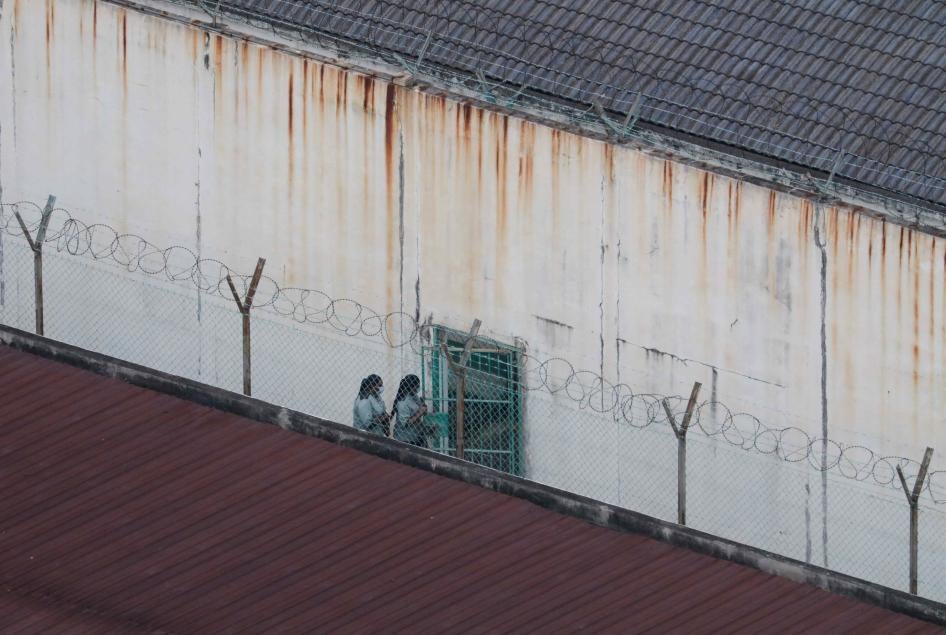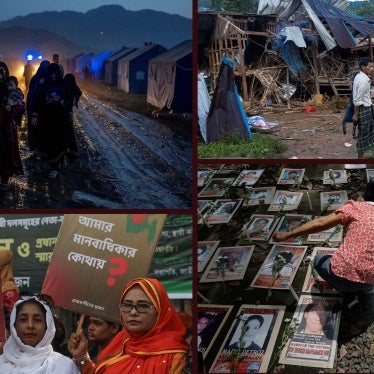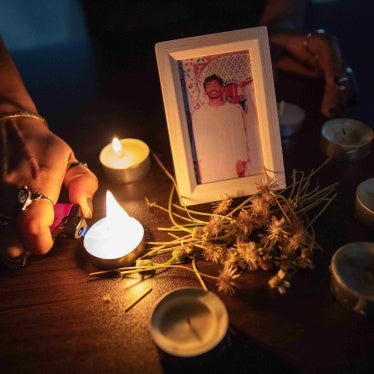(Bangkok) – Malaysia’s new government under Prime Minister Anwar Ibrahim largely failed to uphold its pledges to address repression and corruption in 2023, Human Rights Watch said today in its World Report 2024.
“In his first year in office, Prime Minister Anwar Ibrahim betrayed the reform pledges he made to Malaysian voters so he could hold his coalition together,” said Shayna Bauchner, Asia researcher at Human Rights Watch. “The government should recommit to a rights-respecting agenda by turning its sidelined campaign promises into action.”
In the 740-page World Report 2024, its 34th edition, Human Rights Watch reviews human rights practices in more than 100 countries. In her introductory essay, Executive Director Tirana Hassan says that 2023 was a consequential year not only for human rights suppression and wartime atrocities but also for selective government outrage and transactional diplomacy that carried profound costs for the rights of those not in on the deal. But she says there were also signs of hope, showing the possibility of a different path, and calls on governments to consistently uphold their human rights obligations.
The government led by Anwar, who became prime minister in November 2022, has undertaken some positive reform steps. The Abolition of Mandatory Death Penalty Act 2023, which came into force in July, removed the mandatory death penalty for the 12 offenses that carried it, and removed the death penalty entirely as an option for 7 offenses. However, the new law retains the death sentence for drug trafficking under the Dangerous Drugs Act 1952, the most common conviction for death row prisoners.
The government failed to carry out commitments to abolish or reform abusive laws, including the Sedition Act 1948 and the Communications and Multimedia Act 1998, which continue to be used to criminalize free speech. The regulatory Malaysian Communications and Multimedia Commission implemented access bans on online news portals to censor critical speech, which it defended as tackling “the spread of false information, offensive content, and defamation.”
Malaysia does not grant refugees legal status, leaving them unable to formally work or enroll in government schools. The new government has continued to deny the United Nations High Commissioner for Refugees (UNHCR) access to immigration detention centers, where between 10,000 and 18,000 migrants and refugees – including more than 1,000 children – are held at any one time in overcrowded, abusive conditions. From January to May, authorities deported more than 18,000 migrants from these centers.
State-sponsored discrimination against lesbian, gay, bisexual, and transgender (LGBT) people remains pervasive. In January, Anwar rejected the idea that LGBT Malaysians would be recognized and protected under his government.
The government has criticized the European Union’s adoption of the EU Deforestation-Free Products Regulation, which entered into force in June, requiring EU-based companies to ensure their imports and exports are “deforestation-free” and to uphold human rights.









